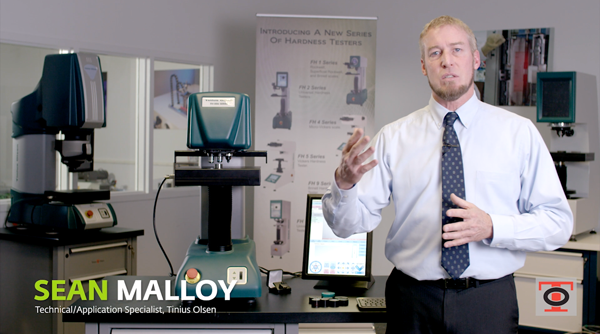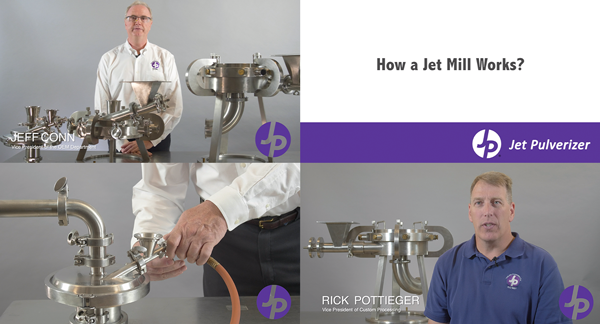B2B video content is still a relatively new sales and marketing tool in the industrial manufacturing space. Its use has dramatically increased over the past few years, but the process to adapt has been slow.
According to the 2022 State of Marketing to Engineers report, engineers are spending more and more time watching videos. In fact, it's been reported that "96% of engineers consume videos for work-related purposes" and 53% watch one or more hour of video each week.
A common theme among early adopters of video in B2B manufacturing was to produce videos highlighting their equipment—showcasing machinery working while dance music plays in the background. And while they might be nice to dance to, the main problem with these videos is they do not provide meaningful information for buyers to make a decision to engage with a salesperson.
While the production, distribution, and messaging of valuable sales video content incorporates creative elements, B2B sales videos should mimic the manufacturing industry's more traditional B2B buying process. And that sales process involves people explaining what is going on with the showcased machines, with respect to not only features and functions but also how the machines will benefit the organization and its employees. The bottom line? Prospects want to know: What problems does the machine solve?

That said, it's not just the equipment that should be displayed on screen. Including the perspective of engineers and other technical professionals in sales videos also provides a more personalized, informative explanation of both the product and the process—while adding a human touch.
Read More: Everything You Need for a Successful B2B Marketing Plan
How B2B Manufacturers are Using Video
More and more B2B manufacturing videos now include the actual engineers and technical teams explaining their products and services on camera. They’re most often standing next to the machine they’re describing, or cutting to B-roll of their manufacturing process while their voice-over explains what's going on. This is far more informative and engaging than a repetitive dance track because it’s actually conveying valuable material that would most likely be missed through visuals alone.
If you think for a moment about this method of using B2B video marketing content, you quickly realize that this is exactly what representatives at trade shows are doing in person. They’re standing next to their machine and explaining value propositions while answering customer questions.

Although webinars and virtual events have their place, (especially given the ongoing effects of the COVID-19 pandemic), the classic industry trade show experience will continue to be a valuable use of time and resources for many industrial sector businesses. However, using video as a sales tool in addition to traditional in-person events will bring in more customers and leave people feeling more satisfied with the information they’ve received.
In fact, 71% of marketers say that video conversion rates outperform any other marketing content. How? By establishing emotional connections. When you engage with your customers on a level that makes them feel less like a customer and more like a partner or a friend, it makes a difference. Like podcasting, video marketing gives you an opportunity to show a friendly, conversational side to your company, which automatically makes visitors feel more at ease.
[Related: 5 Compelling Benefits of Video Marketing ]
Tangible Results from a B2B Sales Video Production
Many manufacturing companies are not seeing that buyers are consuming more video to make informed decisions. However, Jet Pulverizer saw it clearly.
Fred Surville, Jet Pulverizer’s VP of Sales and Marketing is seeing tangible results from B2B sales video production as well as increased SEO rankings and social media engagement.
"We’ve actually sold about 5 different services thanks directly to the videos themselves being placed not only on social media but on our website as well. The nice thing about these videos is their longevity. Our videos are educational and technical in nature," notes Fred.
Manufacturing companies also sometimes think that video will take away from building personal relationships that drive sales. That is actually the opposite of what a video does. Because more and more people are online doing their research, video assists with the classic in-person sales discussion. It instills a sense of familiarity and professionalism with customers. And, the best part of video as a technology and marketing tool, you will reach far more people with information about your company’s process and products. Using the right digital distribution methods, you can easily see a quick ROI as your video content reaches more and more people in the appropriate industry.
Surville continues to state, "We decided to invest in video marketing at Jet Pulverizer because it fits nicely into our marketing strategy. Through videos, we can communicate more directly and educate our customers regarding our technology and the services that we provide."

If you haven’t done any video for your manufacturing company, now is the time to start. Since creating only one video is not a sound video marketing strategy, it will take time to produce a library of content relevant to your sales cycle and product lineup.
Within a couple of years of consistent video production, integrated into your other sales and marketing efforts, you will develop a large library of valuable content that will continue to help and inform your client base for years to come. Having this library will not only be valuable to prospective customers and current clients but will also save time for people at your company.
On average, your customers are searching online for you and doing research ahead of engaging directly. Your future video library will most likely help bridge that gap and encourage the conversion of future qualified leads.














